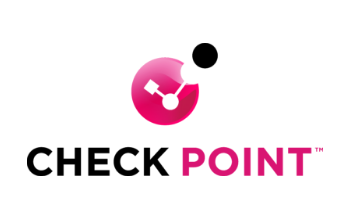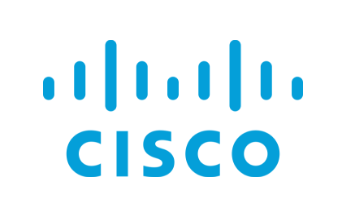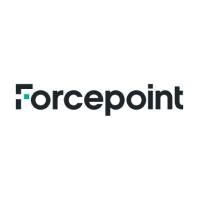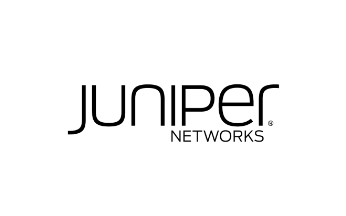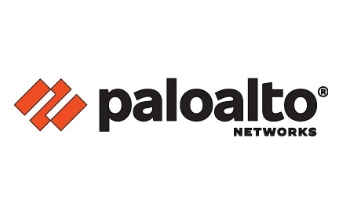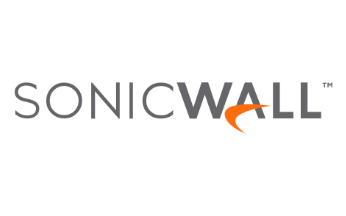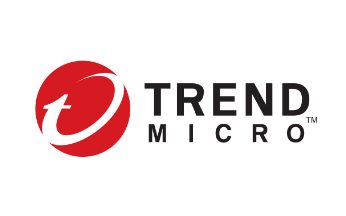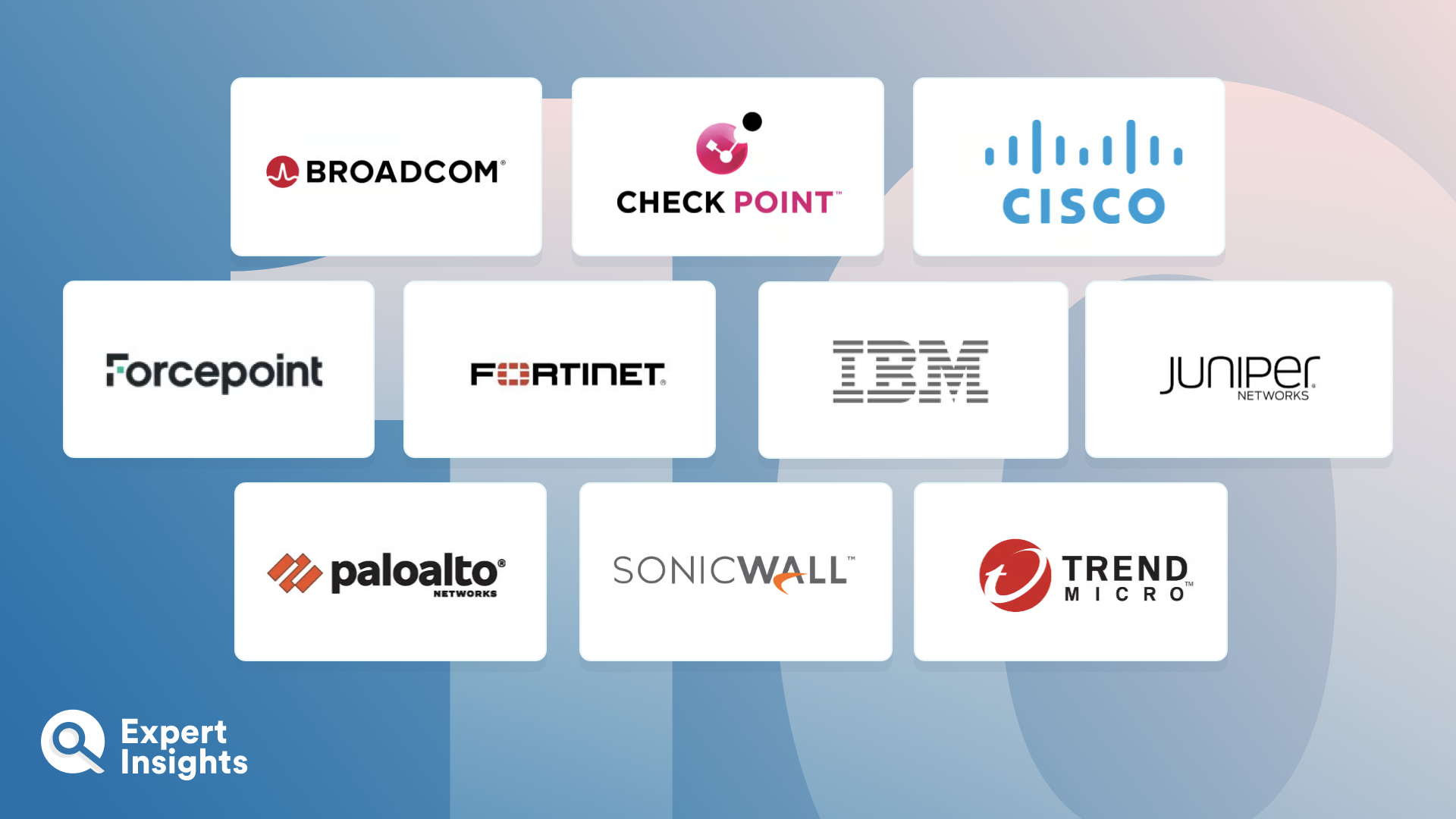Everything You Need To Know About Data Center Security Solutions (FAQs)
What Is Data Center Security?
A data center is a physical or virtualized server based on a network of computing and storage resources, in which organizations store their applications and data. It’s usually made up of servers, storage systems, routers, switches, firewalls, and application delivery controllers, which together enable users to access company data and applications and enable organizations to create secure backups of their data.
Data center security is a combination of physical practices and virtual technologies used to protect a data center from anything that could compromise the integrity and availability of the data stored within it. That includes physical attacks, cyberattacks, and even natural disasters such as fire and floods.
What Is Data Center Security Important?
Whether they’re used for storage, backup and recovery, or supporting applications, data centers contain most of an organization’s intellectual property and data assets. This makes them integral to the everyday operations of a business. It also makes them a desirable target for cybercriminals looking for a way to steal your company’s data. So, without comprehensive data center security measures in place, an attacker could compromise your data center, stealing sensitive company or customer information. And unfortunately, they’re very good at doing this. Some of the most common methods of attacks used against data centers include:
- Direct infrastructure attacks, which exploit vulnerabilities in the compute, storage, and network functionality of the data center
- Web and application attacks, that target vulnerabilities such as those outlined in the OWASP Top 10 and the CWE Top 25 Most Dangerous Software Weaknesses
- Credential compromise, which involves an attacker stealing or cracking a user’s login credentials via social engineering or brute force, and using that user’s account to steal data
- Distributed Denial of Service (DDoS) attacks, which compromise a website’s service availability, resulting in loss of revenue and reputational damage
- DNS attacks, which target DNS infrastructure with threats such as DNS DDoS and cache poisoning
If an attacker successfully carries out one of these attacks, your organization could face major financial, legal, and reputational repercussions. The best way to stop that from happening is to implement robust data center security, to prevent attackers from gaining access in the first place.
Unfortunately, managing and securing access to (and between) the thousands of resources in a data center is an incredibly challenging task when undertaken manually. But thankfully, data center security solutions exist to help you get the job done effectively and efficiently.
What Features Should You Look For In A Data Center Security Solution?
The best data center security solutions offer both physical and virtual security tools and features. Let’s go through some of the physical considerations first because, if your third-party data center security provider only offers virtual/technological protection, you’ll need to implement some of these measures yourself.
Physical Data Center Security
Physical data center security involves any processes and measures that prevent outside interference with your data center—be that at the hands of threat actors on the physical site of your data center, or natural disasters such as fires, floods, and earthquakes.
- Some of the “normal” security measures you might find elsewhere won’t be applicable here. For example, you can’t use water- or foam-based fire extinguishers, because both of these materials conduct electricity, so you should use a clean agent fire suppression system that puts out fires using a non-conductive gas.
- You need to secure all physical access to the data center. Depending on the size of the data center, this could involve using a simple lock, or, in a larger environment employing security guards and installing surveillance cameras. You should also set up physical multi-factor authentication, such as giving users smart cards and/or asking them to enter passcodes to verify their identities before being granted permission to the site.
- Your data center should be in a secure location that isn’t susceptible to natural disasters, has a non-descript outside façade that doesn’t display your company logo, has limited entry points, and has physical barriers to prevent forced entry.
Some data center security providers can help you cover some of these points—particularly when it comes to ensuring secure access to the data center. However, most providers tend to focus of the virtual or software aspect of data center security. Let’s explore that in a little more depth.
Virtual Data Center Security
Lots of data centers today use virtualization technologies to enable remote access to it, and to enable use of the public cloud to structure and manage the data center. While this can make a data center more scalable and flexible, it also makes them more vulnerable to cyberattacks. That’s where virtual data center security comes in.
Because there are so many different threats facing data centers, data center security solutions often tend to focus on preventing a specific type of threat or protecting a certain layer. However, there are a few key virtual features that a strong data center security solution may offer. These include:
- Multi-factor authentication, which requires that users verify their identity in two or more ways before being granted access to data center resources, helping to prevent unauthorized access and account takeover. You may also wish to look for a solution that offers privileged access management, which ensures that users are only granted access to the minimum resources they need to do their job, rather than the whole data center.
- Zero-trust network access (ZTNA), to secure access to the network for remote users, encrypt network traffic, and segment access to corporate data to help prevent the lateral flow of attacks.
- Intrusion prevention systems (IPSs) to patch vulnerabilities in network systems as well as detect and block network-based exploits against vulnerable systems.
- Next-generation firewalls (NGFWs) for monitoring and securing traffic into and out of the data center and between resources within the data center and encrypting sensitive traffic while in transit.
- Security for all the systems that manage the data center building, such as IoT devices. The solution should continuously monitor the network for any new devices, as well as scan devices for vulnerabilities.
- Web application firewalls that inspect all traffic to and from web applications for malicious activity and blocks any threats that it detects.
- Network segmentation to prevent the lateral spread of attacks throughout the data center.




